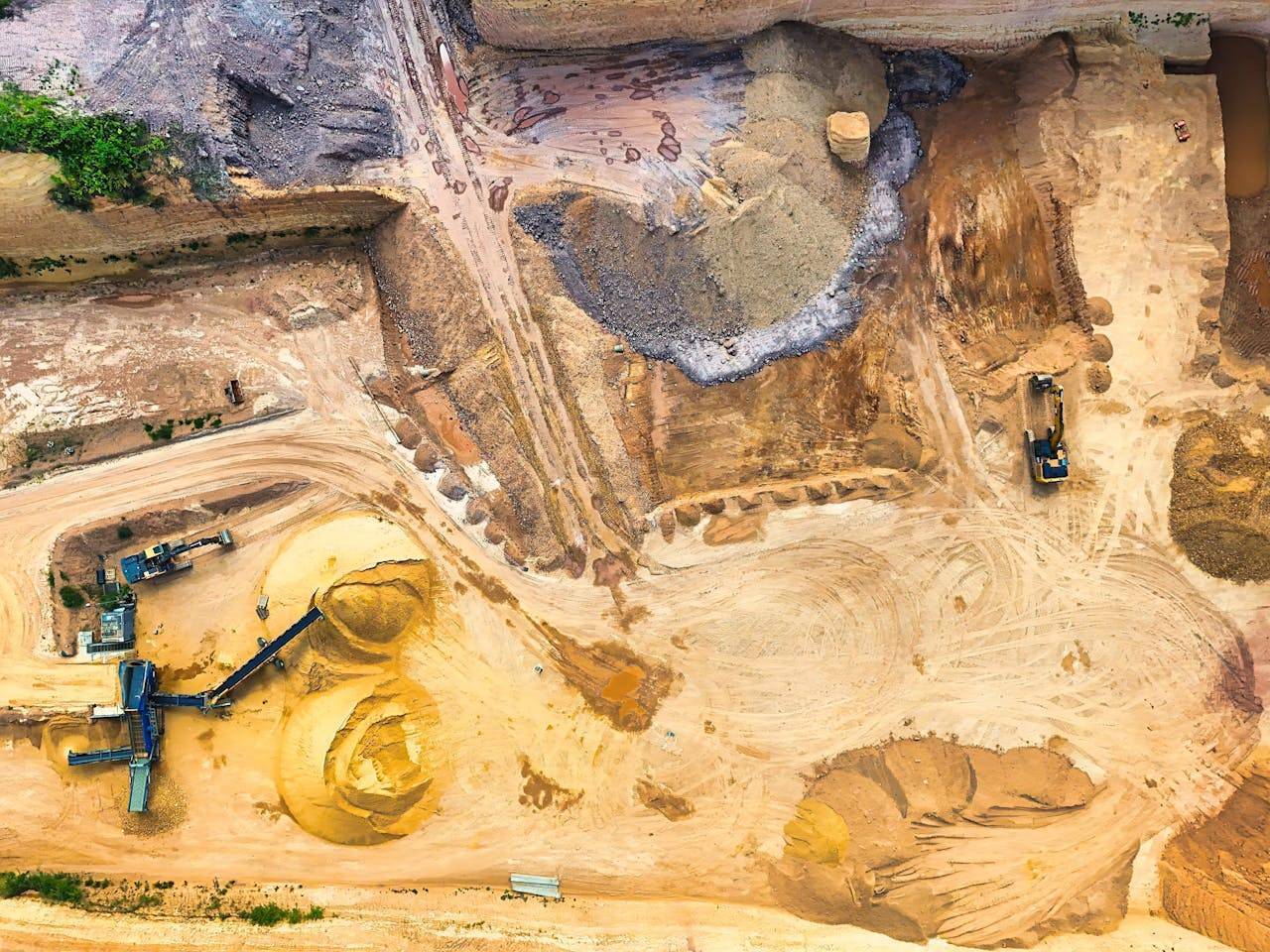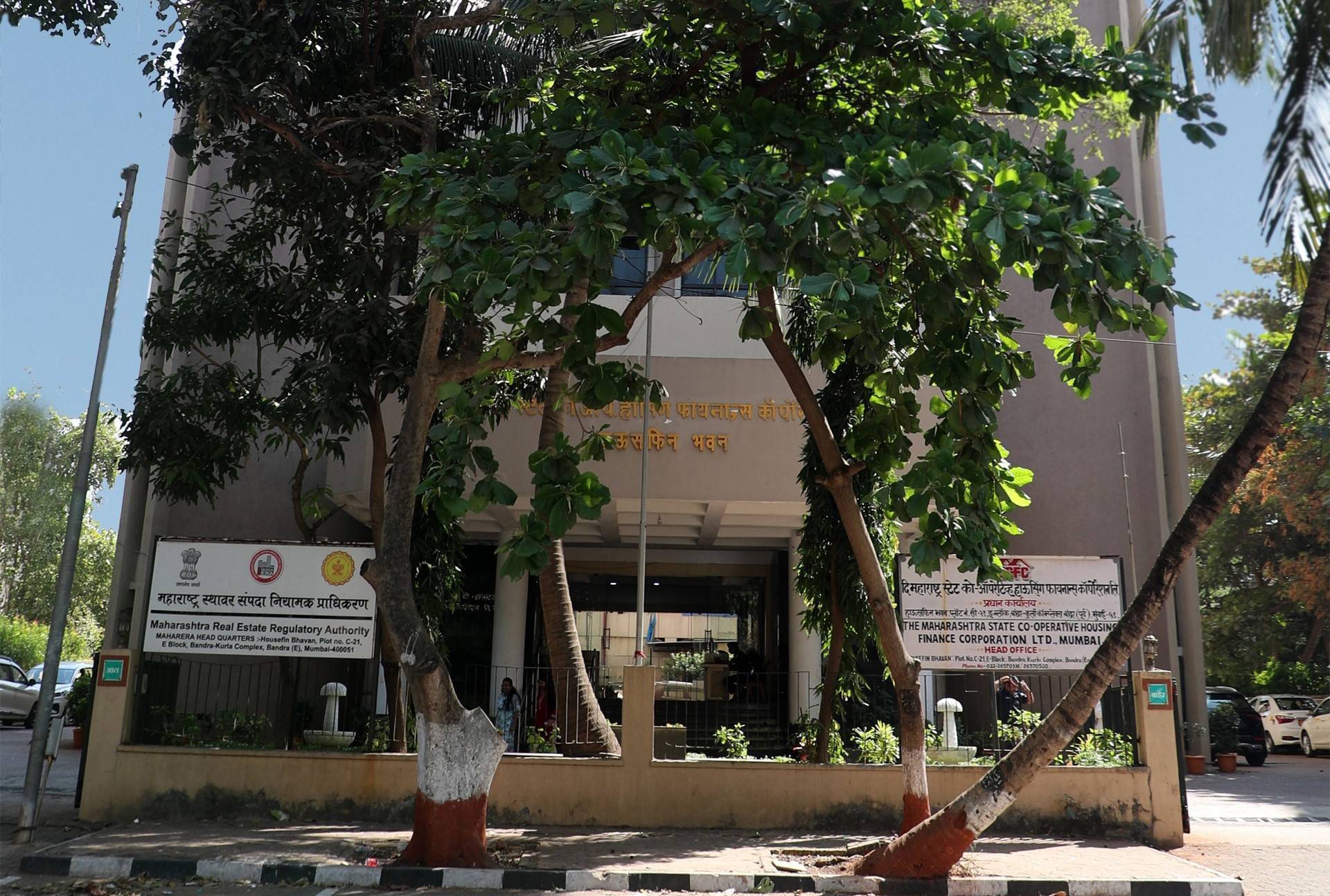In a major crackdown on regulatory non-compliance, the Gujarat Real Estate Regulatory Authority (GujRERA) has frozen more than 1,000 bank accounts linked to real estate projects across the state. This decisive action targets developers who have failed to adhere to mandated project completion updates and extension protocols, significantly impacting the real estate sector in key cities like Ahmedabad, Vadodara, Surat, and Rajkot.
Background and Regulatory Framework
GujRERA was established under the Real Estate (Regulation and Development) Act, 2016, with the primary objective of regulating and promoting the real estate sector in Gujarat. One of the crucial compliance norms under this regulatory framework is the timely update of project completion status. Developers are required to keep GujRERA informed about the progress and completion of their projects as per the timeline committed during the registration process. If a project cannot be completed by the specified date, the developer must seek an extension from the authority.
The Compliance Issue
The recent action by GujRERA stems from widespread non-compliance among developers. According to GujRERA official, who spoke on the condition of anonymity, developers linked to over 1,000 projects have failed to meet quarter-end (QE) compliance requirements. These developers neither updated the completion status of their projects nor sought the necessary extensions within the specified deadlines.
Impact on Developers
The freezing of these project-linked bank accounts is a stringent measure with far-reaching implications. These bank accounts are essential for the financial transactions related to the projects, including receiving payments from homebuyers and managing project expenses. With the accounts frozen, developers are prohibited from advertising or selling the remaining units of these projects. This action effectively cuts off a crucial revenue stream, placing developers under severe financial strain. Additionally, the inability to access credit for these projects further exacerbates their financial challenges.
Specifics of the Affected Projects
Most of the affected projects were launched between 2018 and 2019, with promised completion dates in the first half of 2024. The official noted that GujRERA has cancelled the registration of all non-compliant projects. This move underscores the authority’s commitment to enforcing regulatory standards and ensuring that developers adhere to their commitments. The cancellation of project registrations serves as a stern warning to the real estate community about the importance of regulatory compliance.
Interestingly, the list of affected projects includes some that are already completed and where buyers have taken possession. However, in many of these cases, the Building Use (BU) permission is still pending. This lack of BU permission prevents developers from fulfilling the QE compliance requirements, adding another layer of complexity to the issue. An industry source highlighted that the pending BU permissions are a significant bottleneck in the completion of the regulatory compliance process.
Coordination with SLBC
GujRERA has provided detailed information about these non-compliant projects to the State Level Bankers' Committee (SLBC) - Gujarat. The authority has urged SLBC to freeze the RERA-registered bank accounts of all these projects. This collaborative approach between GujRERA and SLBC underscores a unified effort to enforce compliance and ensure that developers meet their regulatory obligations. It also highlights the seriousness of the regulatory environment in Gujarat's real estate sector.
Implications for the Real Estate Sector
The impact of this decision is extensive and multifaceted. Developers now face a challenging environment where they must navigate regulatory hurdles, financial constraints, and operational disruptions. For homebuyers, this move offers a level of assurance that regulatory authorities are actively monitoring and enforcing compliance, which is crucial for maintaining trust in the real estate market.
The freezing of bank accounts sends a clear message to developers about the importance of adhering to regulatory requirements. It also serves as a deterrent to other developers who might consider bypassing compliance norms. The stringent enforcement of regulations by GujRERA aims to create a more transparent and accountable real estate sector in Gujarat.
Moving Forward
As the situation unfolds, the real estate sector in Gujarat will need to adapt to these stringent regulatory standards. Developers must prioritize compliance to avoid similar punitive actions in the future. For the regulatory authorities, continuous monitoring and enforcement will be key to maintaining the integrity of the sector.
Conclusion
GujRERA's decision to freeze over 1,000 project-linked bank accounts marks a significant step towards enforcing compliance and ensuring that developers fulfill their commitments. By taking such stringent measures against non-compliant developers, GujRERA aims to protect the interests of homebuyers and maintain the trust and integrity of the real estate market. This action serves as a reminder to all stakeholders of the importance of adhering to regulatory norms and maintaining transparency in the real estate industry.
Image sources- quora.com, pixabay.com









.png)